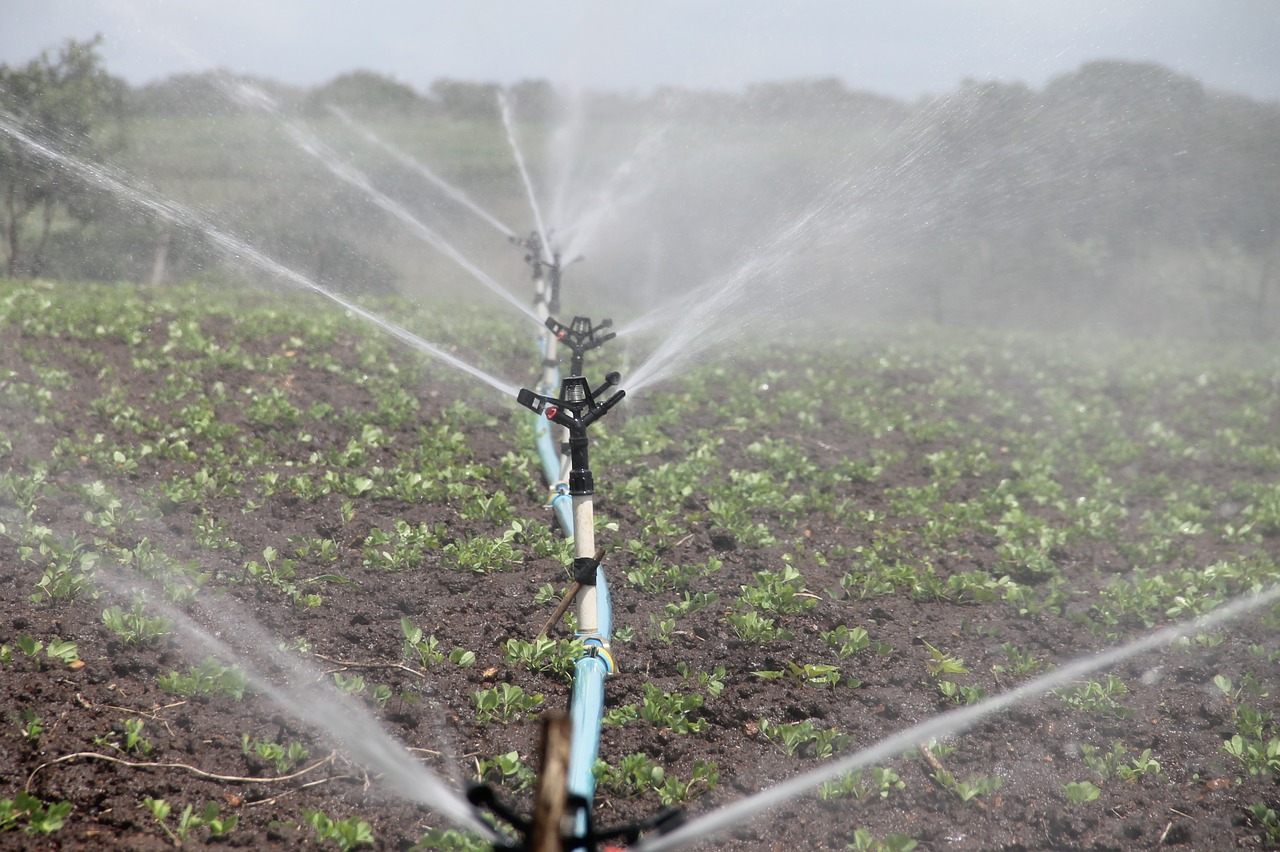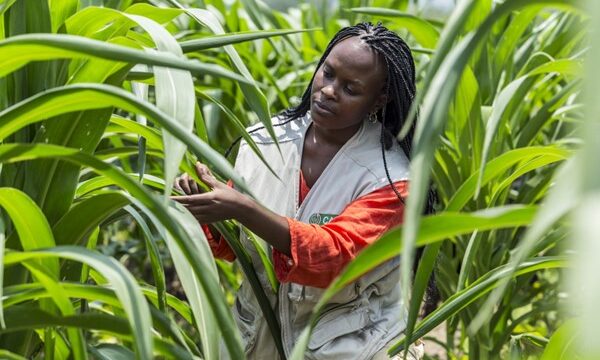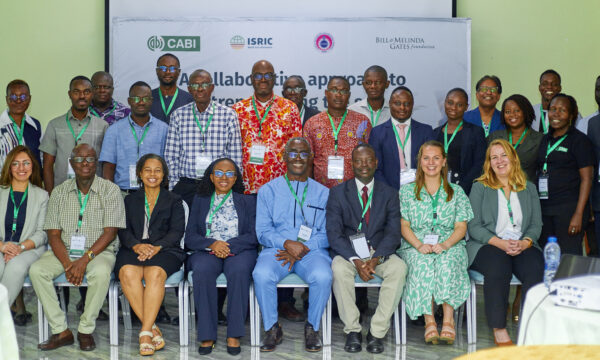
Today marks the third day of the 26th World Water Week (28 August – 2 September), an annual event which is hosted and organized by the Stockholm International Water Institute (SIWI). It is aimed at addressing global water issues as well as concerns related to international development. Each year, the event focuses on a different theme, to generate discussion of a specific water-related topic. The theme for this year’s event is “Water for Sustainable Growth”.
2016 is an important year for promoting the role of water in the post-2015 development agenda. After years of negotiations, the agenda was developed last year through two landmark events; the adoption of the Sustainable Development Goals (SDG’s) by the UN General Assembly and the first-ever, legally binding global climate agreement, adopted by 195 countries at the COP 21 in Paris. The World Summit on Disaster Risk Reduction and the International Conference on Financing for Development also took place in 2015 and are significant to water management and development.
Earlier this year, the UN published its World Water Development Report, which focused on “water and jobs” as part of World Water Day on 22 March. It analysed the economic impact of access to water and highlighted the key role of water in the transition to a green economy. The World Water Week in Stockholm will follow-up on this theme, within the broader context of sustainable growth, thereby contributing to the proposed SDG #8, to “promote sustained, inclusive and sustainable growth, full and productive employment and decent work for all.”
For several years, SIWI has published a World Water Week Report in the run up to the annual event. The Report aims to track the implementation of the Sustainable Development Goals, particularly the water goal (SDG #6) as well as the Paris Climate Agreement.
This year's report, titled The Water Report 2016, discusses the current and often parallel issues of Water and Migration, Water in the 2030 Agenda and the Paris Agreement, as well as Water for Sustainable Growth. It highlights how the current refugee flows that have been witnessed in recent years are the largest since the Second World War and how the water crisis is one of the most pressing global challenges of today. The first chapter explores how and if these issues may be interlinked. The final chapter discusses several aspects of Water for Sustainable Growth, which links back to the theme of World Water Week.
On Sunday, at the launch of the event, a number of hydro-climate experts called for a Green Water Initiative, to include rainwater harvesting and other green water management measures, as a necessity for alleviating hunger in Sub-Saharan Africa and meeting the SDG’s. The group said that in order to meet SDG #2 (to end hunger, achieve food security, improve nutrition and promote sustainable agriculture), Africa needed a Triple Green Revolution, for the productive use of green water, for intensification and enhanced food production as well as for sustainability and building water resilience in watersheds.
The team said that rain was considered to be the ultimate water source in dryland agriculture, as water in streams and rivers would be required for increased industry, energy production and urban water supply. They proposed a Water Harvesting Innovation Fund for Africa, in order to build water resilience to achieve food security and human well-being.
“Initiatives like the Green Water Initiative in Africa, within the framework of the 2030 Agenda is of great importance if we will have any chance of realizing the Sustainable Development Goals. I hope to see some concrete response to this call,” said Torgny Holmgren, SIWI’s Executive Director.
The 2016 World Water Week Programme includes over 140 events covering a range of topics from climate change and food security, to water governance and poverty reduction. The official World Water Week daily newspaper “Stockholm Water Front” is also available and summarises the news and events from each day. Over the course of the week, SIWI will livestream a selection of events which are also available on-demand. For Twitter users, you can follow the conversation at #wwweek.
The CABI Environmental Impact database, available to subscribers, contains a comprehensive range of bibliographic records on many aspects of water, including: water treatment, water policy, water security, water sanitation, water pollution (surface, groundwater, rivers and lakes) as well as sewage and drinking water distribution engineering in developing countries.
Related News & Blogs
Strengthening the potato value chain in the Kurdistan Region of Iraq
On 30th May, we marked the International Day of Potato. In this blog, CABI’s Crop Health Advisor Anna Wood provides an update on a five-year project led by CABI to strengthen the potato value chain in the Kurdistan Region of Iraq. An ambitious five-yea…
3 June 2025




